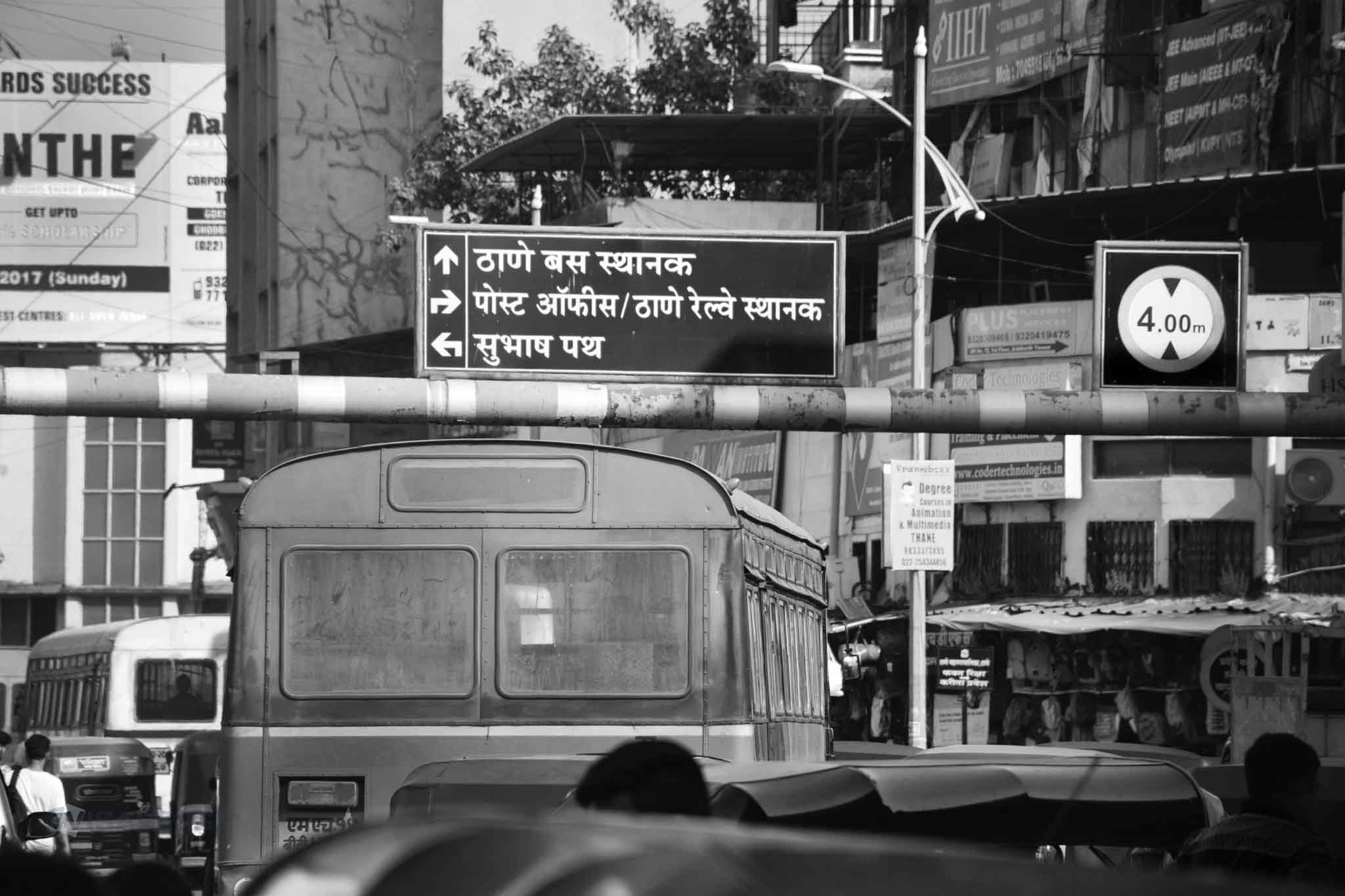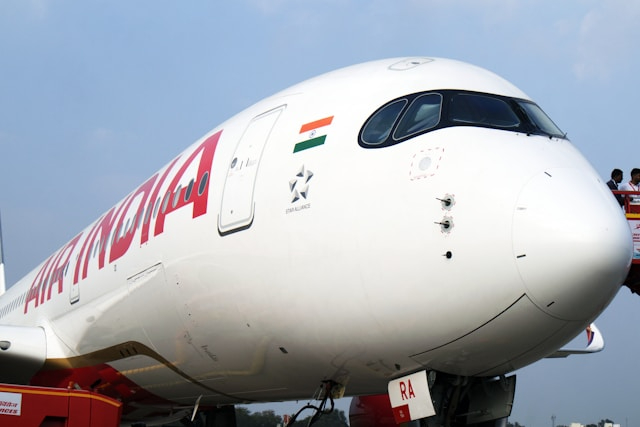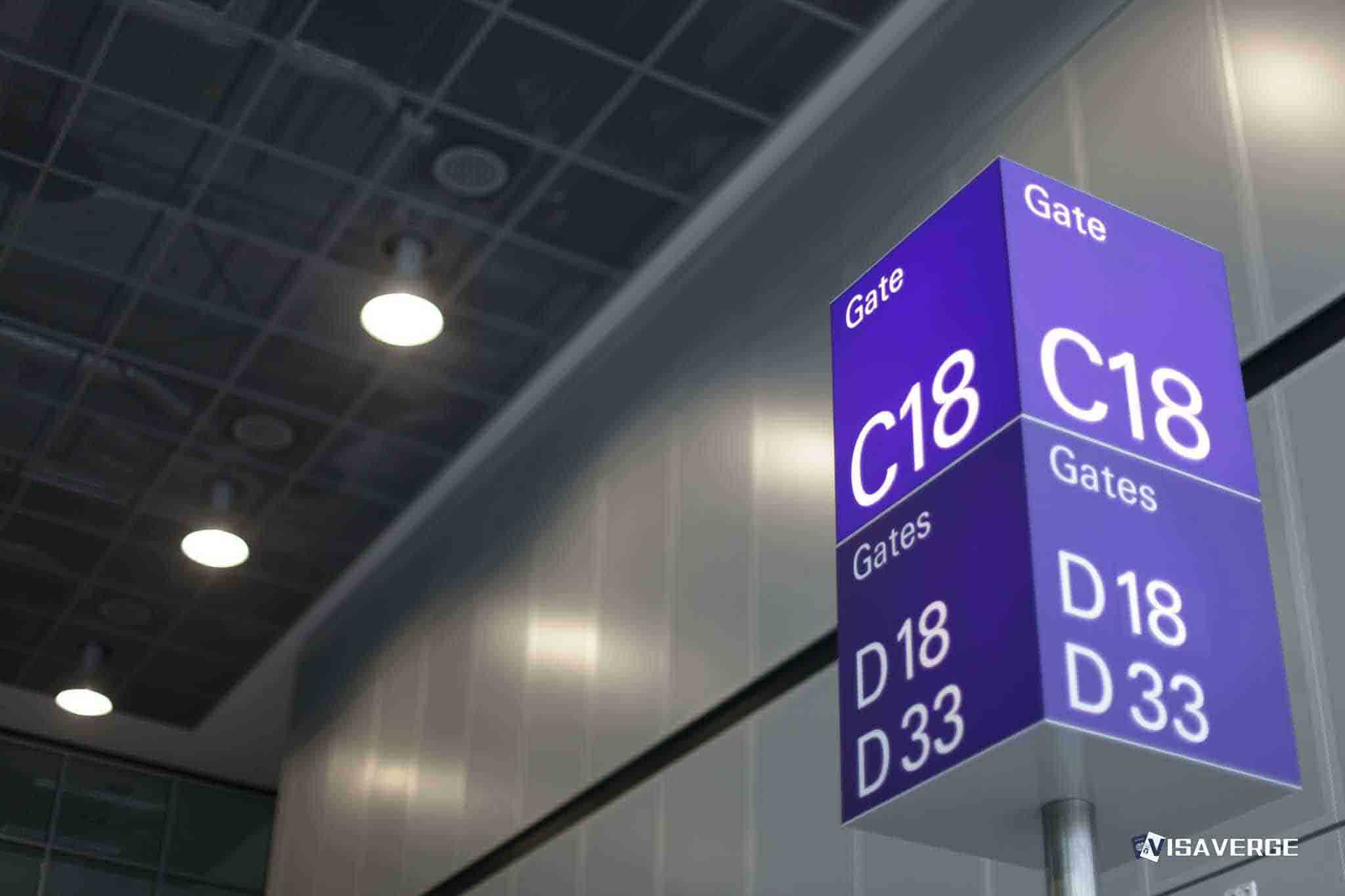Key Takeaways
- On February 20, 2025, the ED raided 6 locations in West Bengal, uncovering misuse of the NRI quota for medical admissions.
- Eight private medical colleges reserved 23 annual NRI seats each, charging Rs 1.2–1.7 crore with fake certificates since 2021.
- The scandal highlights systemic corruption in admissions; stricter verification and possible reforms of the NRI quota system are expected.
A fake admission scam involving the NRI (Non-Resident Indian) quota for medical colleges has come to light in West Bengal (🇮🇳), exposing the misuse of a system meant to benefit genuine NRI students. On February 20, 2025, the Enforcement Directorate (ED), a government agency investigating financial crimes, conducted raids across six locations in and around Kolkata (🇮🇳) to gather evidence about fraudulent activities. The situation has revealed how the misuse of NRI quota admissions has undermined the fairness of medical education in the state.
The investigation began with a specific complaint filed at a local police station in the northern outskirts of Kolkata. According to the complaint, candidates used fake NRI certificates to gain entry into private medical colleges through the NRI quota. This quota is designed for students who live abroad or are children of NRIs but was allegedly exploited by individuals with false documentation. The ED traced these irregularities to eight private medical colleges in West Bengal, each of which reserves 23 seats annually for NRI students under the quota system.

Fraudulent Admissions Exposed
ED officials have disclosed that many of these individuals gained entry to medical colleges without actually qualifying as NRIs. Instead, they paid large sums of money while supplying forged documents to the colleges. Each institution under investigation reportedly charged between Rs 1.2 crore to Rs 1.7 crore per year as tuition fees from students admitted under the NRI quota. This fraudulent practice resulted in yearly earnings of approximately Rs 28 crore for each of the seven colleges involved.
The process appears to have been ongoing since at least 2021, suggesting a widespread and organized network overseeing these acts. In addition to college administrators, the investigation points to middlemen, businessmen, and possibly even government officials being involved, demonstrating how deep the issue runs.
Previous Investigations and Allegations
This week’s raid is not the first time the ED has acted on irregularities in West Bengal’s medical college admissions. In December 2024, a similar series of raids were conducted in places like Salt Lake, Haldia, Durgapur, and other districts. These actions focused on the homes of prominent individuals, including Lakshman Seth, a former CPI(M) MP, and businessman Malay Pith. The recurring nature of these scams highlights systemic issues in the management of the NRI quota.
The origins of the recent concern about West Bengal’s medical admissions can be traced back to September 2024, when Suvendu Adhikari, the Leader of Opposition in the West Bengal Assembly, accused officials of involvement in corrupt practices. Adhikari alleged that fake NRI certificates were issued in exchange for large cash payments and implicated senior health department officials in the scam. These allegations brought significant public attention to the matter, paving the way for further investigations by the ED.
National Implications and Supreme Court’s Viewpoint
The misuse of the NRI quota isn’t isolated to West Bengal; it has implications across India, as seen in the stance taken by the Supreme Court last year. In September 2024, the court sharply criticized the NRI quota system, with Chief Justice DY Chandrachud calling it a “complete fraud.” The court specifically dismissed an appeal by the Punjab (🇮🇳) government, which sought to expand the definition of what qualifies someone as an NRI. This rejection indicated an urgent need for reforms to maintain fairness in India’s higher education admissions system.
The NRI quota was established to create opportunities for candidates who either live abroad or have spent extensive time outside India. It is meant to add diversity and bring international perspectives to Indian education. However, because of unclear rules and weak documentation checks, local candidates and corrupt administrators have exploited the system. The Supreme Court’s harsh critique reinforces the need for stricter policies to fix these issues.
Broader Impacts and Reforms Ahead
The fake admission scam is more than just a betrayal of genuine NRI students. It also damages the quality of medical education since undeserving candidates are taking spots meant for others with valid qualifications. With medical seats being limited and college admissions highly competitive, unfair admissions push capable students out while creating shortcuts for less-qualified individuals who can afford to pay bribes.
The scandal has revealed deeper questions about the oversight and implementation of educational quotas. For example:
– Why were verification processes unable to flag fake certificates over the past four years?
– What accountability measures exist for private medical colleges participating in the scheme?
– Will the health department officials allegedly involved face consequences?
In response to these revelations, experts expect several reforms to be introduced. These could include:
1. Improved Verification Procedures: To ensure candidates claiming NRI status truly belong in that category, government agencies may implement stricter checks on documents like passports, tax filings, or proof of overseas residency.
2. Regulatory Oversight: Greater scrutiny of admissions in private medical colleges will be needed to prevent scams. Any institution found involved in malpractice might face legal penalties or even a suspension of their right to admit students under the NRI quota.
3. Technological Solutions: Relying on secure, digital systems for verifying credentials could reduce the risk of fraud, especially when compared to paper-based documentation.
4. Revamping the NRI Quota System: Discussions about whether NRI quotas are still useful—or whether they should be replaced with merit-based seats—might emerge in light of such incidents.
Betrayal of Genuine Students
At the heart of this scam lies a betrayal of the trust placed in India’s education system, particularly by non-resident Indian families. These families typically choose the NRI quota because it allows their children to continue their studies in their home country while making room for students with international ties. However, by selling these seats to ineligible locals, colleges effectively blocked rightful candidates from opportunities they deserved.
The loss for genuine NRI students isn’t just about missing out on admission; it extends to their confidence in the fairness of India’s education system. Additionally, the high costs of medical education under the NRI quota—where fees can be as much as Rs 1.7 crore annually—mean that most families can’t seek alternative admissions without suffering major financial losses.
Future Implications
The ED’s investigation is far from over. As more individuals are identified, including the political figures and businessmen suspected to be part of this scam, the situation could evolve into a landmark case reshaping how quotas are used in the education system. The truth about how these unlawful activities operated and who benefited from them will likely come under intense public and legal scrutiny.
The scandal also points to a bigger problem: India’s overreliance on quota systems that prioritize financial contributions over merit. Moving forward, policymakers may need to reevaluate whether the NRI quota, as it stands, benefits the education system or creates loopholes ripe for misuse.
Conclusion
West Bengal’s fake admission scam is a stark reminder of the challenges plaguing higher education in India. Genuine NRI students, who were supposed to benefit from the NRI quota, have seen their chances unfairly taken away by financial corruption and fraudulent practices. Meanwhile, medical colleges that participated in these acts have brought disrepute to a system meant to produce professionals for one of society’s most critical sectors—healthcare.
For the scope of damage caused, the need for accountability in this case cannot be overstated. As the ED continues to expose more layers of this scam, there is hope that stricter laws and enhanced oversight could prevent further abuse, restore fairness to the system, and allow deserving students to secure opportunities based on their qualifications.
To better understand the NRI quota and its policies, readers can visit India’s Ministry of Health and Family Welfare official page for further details. Analysis from VisaVerge.com suggests that mismanagement of such quotas has long been a concern, emphasizing the urgent need for reforms to safeguard genuine students.
This scandal not only threatens trust in the education sector but shines a light on flaws requiring immediate attention to uphold fairness and integrity in India’s admission processes.
Learn Today
NRI (Non-Resident Indian) → An Indian citizen residing outside India for work, education, or other commitments, often benefiting from special provisions.
Enforcement Directorate (ED) → A government agency in India that investigates economic crimes and enforces laws related to money laundering and foreign exchange.
Quota System → A reserved allocation of opportunities, like admissions, for specific groups such as NRIs, under special provisions or policies.
Forgery → The illegal creation or alteration of documents with the intent to deceive or commit fraud, often used in scams.
Merit-Based Admission → An education admission process based on academic achievements and qualifications, rather than reserved quotas or financial contributions.
This Article in a Nutshell
A shocking scam in West Bengal reveals fake NRI certificates used to exploit medical college quotas, sidelining genuine students. With massive bribes and forged documents, eight private colleges profited millions yearly. This malpractice, undermining education fairness, highlights urgent reforms needed—stricter verification, accountability, and transparency—to restore trust in India’s admission system.
— By VisaVerge.com
Read more:
• ED Raids in Bengal Uncover Alleged NRI Quota Scams in Medical Admissions
• NRI Deposits Jump 43% to $13.33 Billion in 2024, Showing Confidence in India
• New Income Tax Bill May Change Rules for NRIs Earning Over Rs 15 Lakh in India
• Union Budget 2025 Brings Key Tax and Investment Changes for NRIs
• NRI Property Owners Face Higher Taxes on Sales in India






